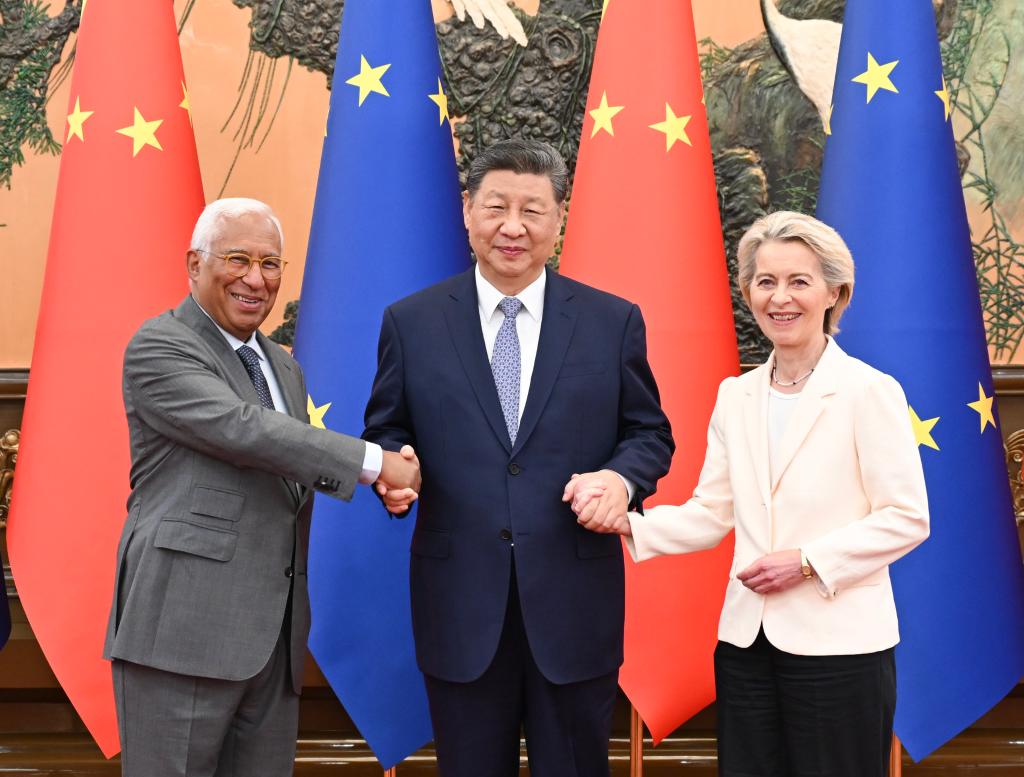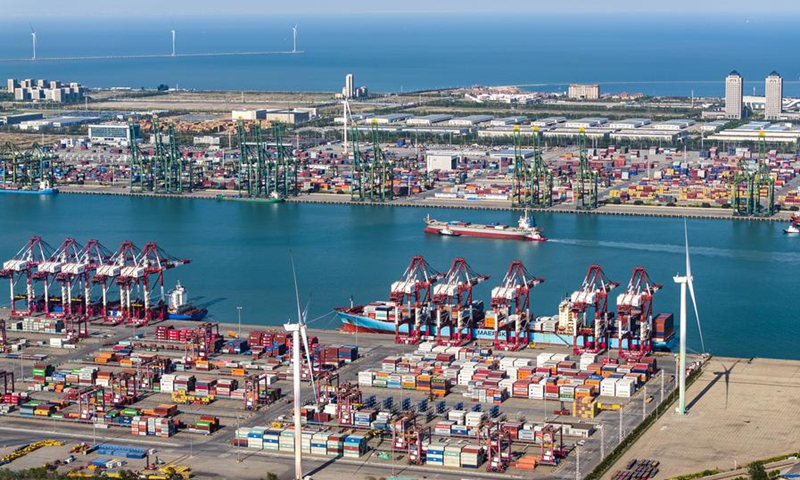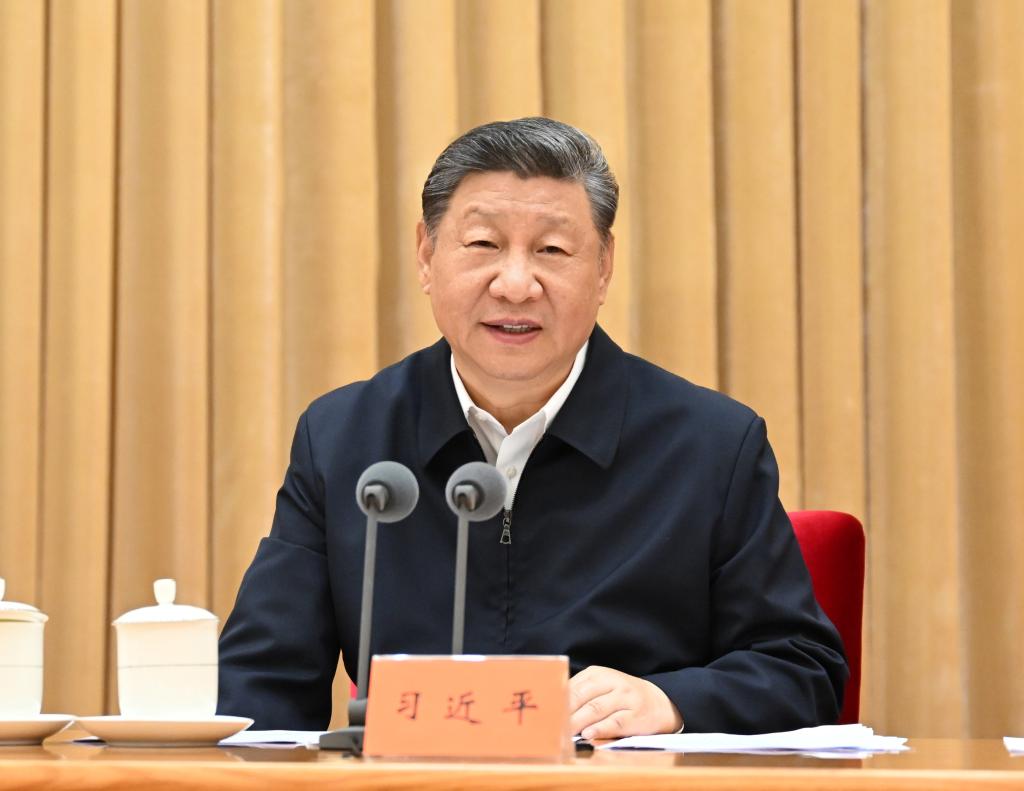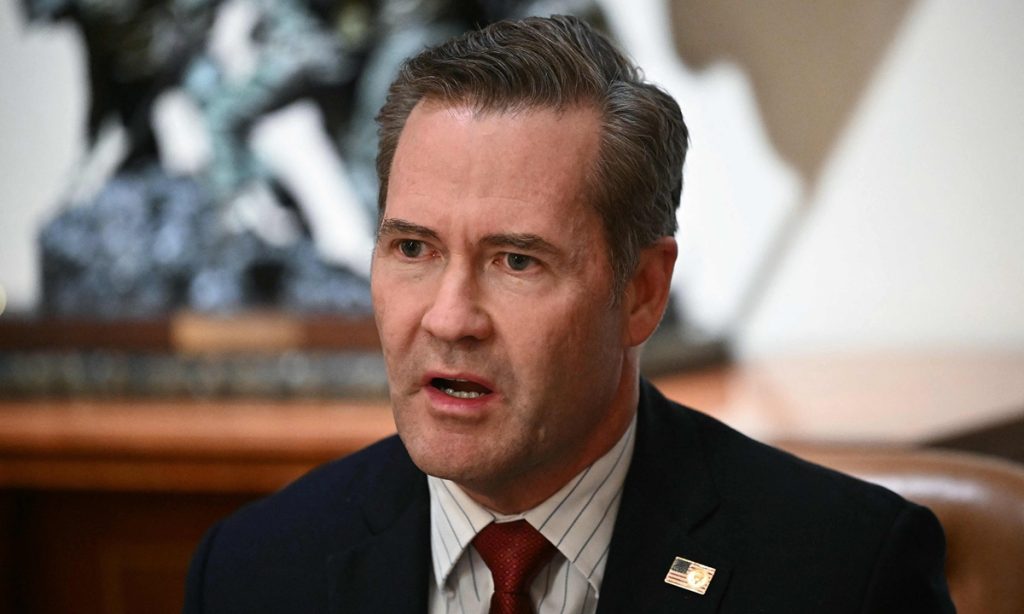S.Korean president orders measures to curb discrimination, rights violations after hate rally targeting China in Seoul
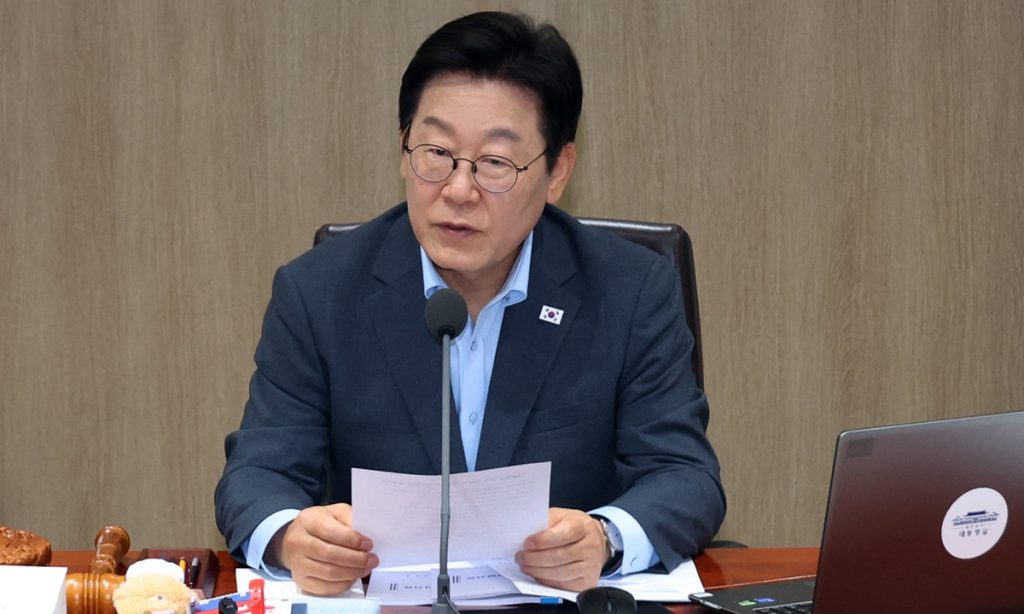
South Korean President Lee Jae-myung on Tuesday criticized a recent hate rally targeting China in Seoul's Daerim-dong, saying such actions damage the country's reputation as a model democratic nation. He instructed relevant authorities to implement strong measures to prevent discrimination and human rights violations against migrant workers, foreigners and vulnerable groups, The Hankyoreh reported on Tuesday.
Speaking at a Cabinet meeting at the presidential office in Yongsan, Lee said, "Recently, hatred, discrimination, and violence against foreigners or the socially disadvantaged have often become an issue."
Lee referred to the incident in Daerim-dong not long ago, where a hate rally in front of a Chinese diplomatic mission used abusive languages and violence that went beyond the boundaries of freedom of expression.
"We should think about how the Republic of Korea would be perceived if such scenes occurred in another country... Such behavior is by no means befitting of Korea's status as a model democracy that values diversity and inclusiveness," Lee said.
Lee urged the authorities to prepare institutional safeguards if necessary to address such issues.
Prior to Lee's address, South Korean police had launched an investigation into the social group that recently insulted China during a demonstration near the Chinese Embassy in South Korea, the Yonhap News Agency reported on Sunday.
According to Yonhap, the Namdaemun Police Station in Seoul summoned members of the right-wing group "Freedom University," which supports former president Yoon Suk-yeol, to appear for questioning on Monday.
At around 8 pm on July 22, the group held a rally near the Chinese Embassy in Seoul's Jung District, which it claims to be aimed at condemning election fraud. During the rally, they carried out unfriendly activities towards China, including insulting the Chinese embassy, Yonhap reported.
During a visit to The Hankyoreh on August 7, Chinese Ambassador to South Korea Dai Bing expressed concern over the anti-China conspiracy theories propagated by some individuals in South Korean society. He emphasized that as important neighbors, China and South Korea should actively engage in exchanges and cooperation to continuously advance their friendly relations.

